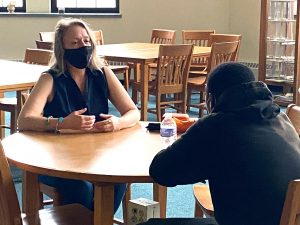There is a site where young entrepreneurs can go to ask questions, get advice and brainstorm. It’s not a website; it’s a real site – a library in Milwaukee, Wisconsin.
At Golda Meir Middle and High School, a small business expert comes to the school library for a couple hours every two weeks to meet individually with students. Students get all the advice and support they need – choosing a business idea, implementing it, marketing it and growing the business.
Anna Rabin, the school’s librarian, created the program after realizing there was still a need for old-fashioned methods of getting help, even in an age where just about every student can access a wealth of information on their smart phone. “I had a student ask me for information on promoting a business on social media, particularly on increasing how often their posts are reposted.” Another student sought her help for a business reselling Lego sets online.
Libraries and librarians are still go-to resources when it comes to research, Rabin said. “Libraries offer vast online resources that normally need to be paid for,” she said. “Students are generally only familiar with information that is easily accessible via Google and, even then, are not able to vet the reliability of information. Librarians can help develop students’ ability to judge what they find on the internet and help them access online databases and eBooks.”
And there are other offline ways that libraries can help budding entrepreneurs, Rabin said. Those resources, she said, include “exposure to entrepreneurship and examples through books, lessons, and displays, opportunities to meet and exchange with other students interested in being entrepreneurs, and advice on the best online resources and training on tech tools.”
Modern libraries go well “beyond books,” Rabin added, and bringing in an outside human resource is just one example. “Libraries now focus on building community and skills in addition to providing resources,” she said. “There are rich opportunities for doing this around entrepreneurship. For example, librarians could teach students tools for publicizing their business online, such as Adobe Creative Cloud Express. They could host a training program for entrepreneurs. Some libraries also have a maker space that could serve as an incubator for entrepreneurs.”

Sharon Woodhouse coaches a student entrepreneur. (Caption for feature photo: Librarian Anna Rabin in Milwaukee Public School’s Golda Meir Upper Campus Library)
The business expert Rabin brought in is Sharon Woodhouse, a coach, small business consultant, mediator, author, book publisher, and publishing project manager.
Woodhouse, owner of Conspire Creative and Everything Goes Media, found that some students needed help with establishing an entrepreneurial mindset. “One high school senior asked broad questions like ‘are there any original ideas left?’ and ‘can a small business really compete in this world?’ ” Woodhouse recalled. Others had specific questions. A junior, for instance, wanted to know how to grow a existing selling charms and customized clothing. Woodhouse helped the student find in-person events like farmer’s markets and pop-up stands.
Rabin believes the resources her library offers are only a start. “It would be wonderful if there was an afterschool program that promoted entrepreneurship to elementary and middle school students,” she said.” I am not sure that entrepreneurship is on the radar of these students, although I am sure that some of them have business ideas and would be interested. Informal training programs to expose kids to entrepreneurship who don’t have a very clear business idea already would be helpful.”
NOTE: Rising Innovator offers a curriculum for young entrepreneurs.








